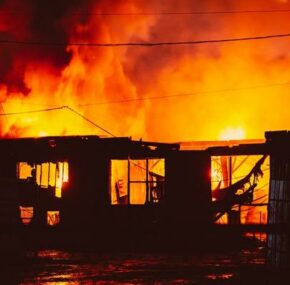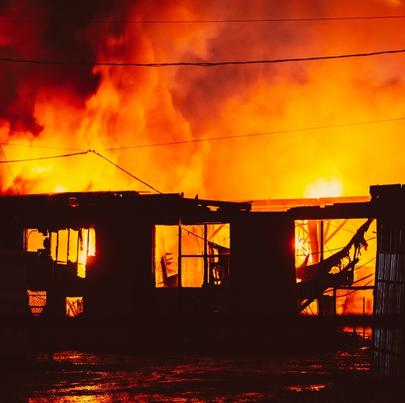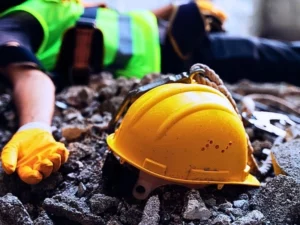Some of the worst workplace accidents in history demonstrate how workers pay when employers are negligent. Federal laws require that employers maintain a safe workplace in accordance with OSHA safety standards for each industry. When employers fail in this duty or fail to make sure that safety procedures are followed, disaster can strike.

Imperial Food Chicken Processing Plant Fire – 1991
On September 3, 1991, 25 workers died and 56 were injured during the Imperial Food Chicken Processing Plant fire in Hamlet, North Carolina. The fire was caused by a faulty modification of a hydraulic line. Workers were trapped inside the plant. It was found that the plant had not had a safety inspection during its 11 years of operation. The fire door was kept locked because the owner thought workers would try to steal from the company. Workers used phones inside the building to call for emergency help, but nobody responded until the plant owner’s son drove to the fire station to report that people were trapped.
A federal investigation was launched into this disaster after the company received a state fine that was less than the federal minimum. The federal government eventually took charge of most of North Carolina’s worker safety laws. Because the plant’s safety violations were so blatant, the owner received a 20-year prison sentence. The plant never reopened.
Piper Alpha Explosion – 1988
On July 16, 1988, 165 oil workers on the Piper Alpha oil platform in the North Sea and two rescue workers were killed by an explosion. This accident could have been prevented with a safety check after routine maintenance was performed on a pressure safety valve. A temporary disc cover was left in place instead of reinstalling the valve. Once the pump was restarted, leaking gas ignited and caused the explosion.
Normally such a fire would have burnt out on its own, but it continued to burn because it was fed fuel from adjoining platforms. The control center from Occidental Petroleum Corporation who owned the platforms failed to authorize the shutdown of the pumps. The reason for the denial was because it would take several days and be too expensive to restart the pumps. Occidental was found guilty of inadequate safety and maintenance procedures but received no criminal charges. The silver lining to this disaster is that it led to the adoption of Offshore Installations Regulations in 1992.







